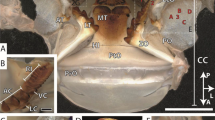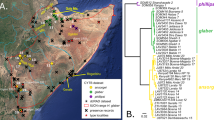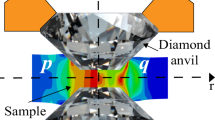Abstract
PROF. MELDOLA, in his suggestive address to the Entomological Society on January 20, very rightly puts Prichard before Galton and Weismann in the list of those who have formulated the theory that acquired characters are not inherited by offspring. Some years ago, when Platt Ball's interesting little book was published on the question, “Are the Effects of Use and Disuse Inherited?” I was struck, by the careful way in which the author pointed out how “so sound and cautious an observer as Francis Galton had also [i.e. as well as Weismann], in 1875, concluded that 'acquired modifications are barely, if at all, inherited in the correct sense of that word.'” At the same time my memory went back to some allusions I had seen in an old book (Coombe's “Constitution of Man,” Edinburgh, 1836, a copy of which I had recently bought at a marine store dealer's for one halfpenny) to the theories of Dr. Prichard. I subsequently looked up the references and made some notes, which have until now been pigeon-holed. I quote three passages and a note as bearing on the question, Who first pointed out that acquired characters are not inherited? (“Researches into the Physical History of Mankind,” vol. ii. p. 536, by James Cowles Prichard, M.D., F.R.S.)
Similar content being viewed by others
Article PDF
Author information
Authors and Affiliations
Rights and permissions
About this article
Cite this article
WEBB, W. Prichard and Acquired Characters. Nature 55, 342 (1897). https://doi.org/10.1038/055342a0
Issue date:
DOI: https://doi.org/10.1038/055342a0



